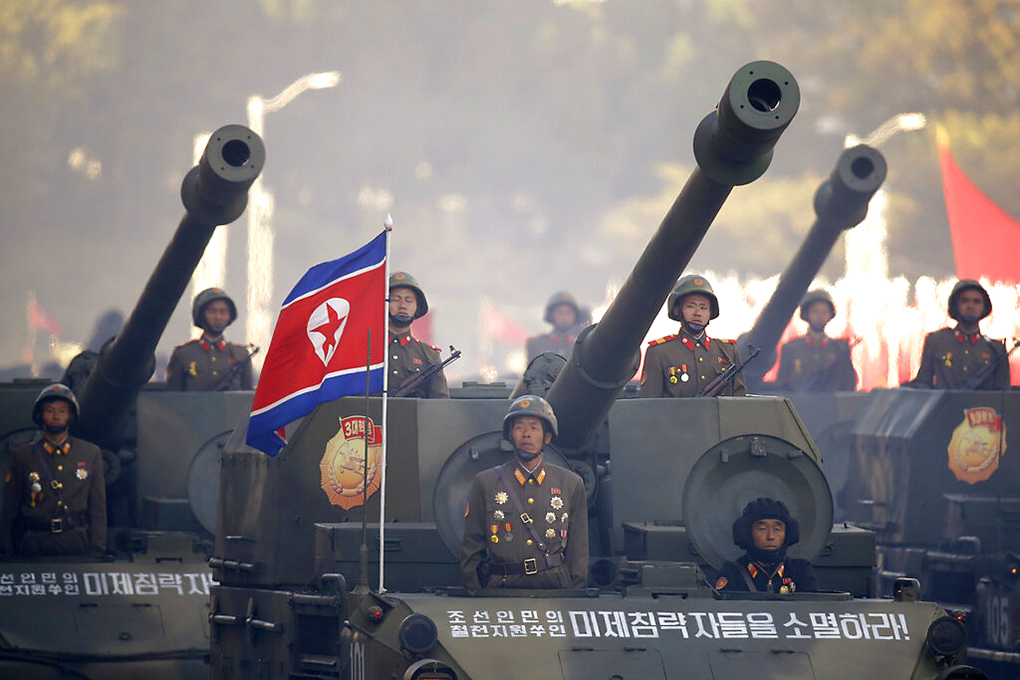Understanding North Korea's Changing Involvement in the Russia-Ukraine War

The signing of the “Treaty on Comprehensive Strategic Partnership” between Russia and North Korea in June 2024 during Vladimir Putin’s visit to Pyongyang marked a new, dangerous stage in the war in Ukraine. This document, which formalizes the military-political alliance, paves the way for the increased deployment of North Korean troops on Ukrainian territory.
The Gaze writes about it, referring to the article “Kremlin's Foreign Legion: North Korea's Role in Russia's War and the New Global Divide.”
Despite initial reports by Ukrainian intelligence and Western media about the potential deployment of 30,000 North Korean soldiers were denied, specifying that they were talking about 6,000 engineers and construction workers, the analysis of a hypothetical scenario with a 30,000-strong contingent remains important for understanding possible changes on the battlefield and strategic consequences.
For Russia, this will be a significant reserve of human resources, allowing it to continue its "meat grinder" tactics and exhaust Ukrainian defenses, especially in the Donetsk direction. Although the new units will be equipped with Russian technologies, their effectiveness will depend on integration and support. If they are thrown into frontal attacks without proper coordination, the losses will be catastrophic.
Instead, using them for engineering tasks or in defensive lines would free up more experienced Russian units for the offensive. Even 6,000 engineers would greatly assist Russia in rebuilding infrastructure and building fortifications, freeing up Russian engineering forces for the front lines.
The deployment of such a contingent is an unprecedented escalation, turning the war into a globalized conflict and further encouraging authoritarian countries to challenge the West.
This would likely force Ukraine’s partners to lift restrictions on the use of Western weapons on Russian territory and provide more advanced weapons systems. For South Korea and Japan, this would pose a direct threat, strengthen their cooperation with NATO, and may push Seoul to reconsider its policy of not providing lethal weapons to Kyiv.
Beijing, in turn, will find itself in an awkward position: although the weakening of the West in Europe is beneficial to China, such an escalation increases the risks of an uncontrolled expansion of the conflict and US pressure on China itself.
Read more in the article by The Gaze: Kremlin's Foreign Legion: North Korea's Role in Russia's War and the New Global Divide